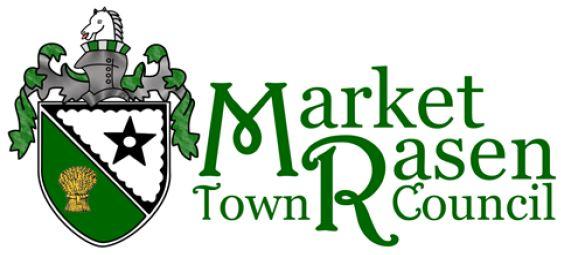Overtime Policy

Policy Brief and Purpose
Market Rasen Town Council seeks to ensure that workloads are planned according to the resources available and work demands.
This policy aims to ensure that procedures are in place to enable staff to work in excess of their contracted hours where absolutely necessary and appropriate. It aims to ensure that staff are recompensed for carrying out such work in a fair and consistent manner.
This Policy Shall:
1. Clarify eligibility to receive overtime pay;
2. Explain the procedures and process that employees must follow in order to be compensated for extra hours worked.
Market Rasen Town Council will do its best to ensure that employees are not required to work overtime on a regular basis.
Definition
1. Overtime - work completed outside of scheduled working hours.
2. Overtime pay – Overtime paid at the employee’s normal rate of pay or granted time off in lieu.
Eligibility
This policy applies to all Market Rasen Town Council staff.
Policy and Procedures
Overtime compensation will normally be granted as time off in lieu. In exceptional circumstances overtime payments will be made if authorised by Full Council in advance.
Time off in lieu must be taken within 1 month after it was earned, unless otherwise approved by their line manager. Line managers may extend this period to no more than 3 months.
I. The Approval Process
Employees are not contractually entitled to work overtime. As such, all overtime hours must be authorised by the line manager in advance of overtime hours being worked or in the case of paid overtime authorised by Full Council in advance.
Employers will attempt to provide prior notification of at least 1 week to the employee when they require an employee to work overtime hours.
II. Abuse of Overtime
Employees who do not gain approval before working overtime hours may result in disciplinary action up to or including termination.
Date of policy: 11th March 2020
Approving committee: HR Committee
Date of committee meeting:11th March 2020
Policy version reference:1
Policy effective from: Adoption by Full Council July 2020
Reveiwed and readopted 11th May 2022 - Next Reveiw 10th May 2023.
